- You are here:
- Home /
- Products /
- Alloy Steel /
- Soft Magnetic Alloys /
4J29 (Fe-Ni-Co) Low Expansion Alloy Rod
- Ultra-low thermal expansion:(α≈1.8×10⁻⁶/℃), ideal for precision instruments requiring dimensional stability.
- High corrosion resistance:against acids/alkalis, suitable for harsh environments.
- Good machinability:and weldability, compatible with standard industrial processes.
Chemical Composition (wt%)
Element | Content (%) |
C | ≤0.05 |
Si | 0.20–0.50 |
Mn | 0.30–0.80 |
P | ≤0.020 |
S | ≤0.020 |
Cr | 14.0–16.0 |
Ni | 29.0–32.0 |
Co | 14.0–16.0 |
Property | Value |
Diameter Range | 5mm–200mm |
Hardness (HB) | 160–220 |
Density (g/cm³) | 8.1 |
Yield Strength | ≥450 MPa |
Tensile Strength | ≥550 MPa |
I. Performance characteristics of 4J29 Kovar alloy rods
1. Low thermal expansion coefficient
The thermal expansion coefficient of 4J29 alloy (4.6×10^-6/℃ in the range of 20℃-300℃) is highly matched with silicon boron hard glass, ensuring dimensional stability with glass/ceramic seals during temperature changes and avoiding seal failure caused by thermal stress.
2. Excellent mechanical properties
(1) Tensile strength of approximately 520 MPa, yield strength of 350 MPa, hardness of 160-180 HB, combining high strength and toughness.
(2) Good ductility (elongation of approximately 20%) and fatigue life, suitable for long-term use under complex working conditions.
3. Excellent processing performance
It can be precisely processed through turning, grinding, bending and other processes, with high surface finish (e.g., the diameter tolerance of the polished rod is ±0.05mm), and is not easy to crack, making it suitable for manufacturing high-precision parts.
4. Stable chemical and magnetic properties
(1) Corrosion resistance, oxidation resistance, and adaptability to harsh environments.
(2) High magnetic permeability and low hysteresis loss, suitable for the manufacture of electromagnetic components.
II. Main uses of 4J29 Kovar alloy rods
1. Electronic packaging field Used in glass-metal sealing structures of vacuum tubes, transistors, and integrated circuits, such as tube shells and lead frames, to ensure airtightness and thermal stability.
2. Aerospace and military industry Manufacture of precision instruments such as gyroscopes, sensors, and rocket engine components, which can withstand extreme temperatures and mechanical stresses.
3. Medical devices Implantable devices such as artificial heart valves and prostheses benefit from their biocompatibility and mechanical strength.
4. Optical and vacuum devices Glass-metal seals for special equipment such as melting furnace observation windows and X-ray tubes to ensure reliability under high temperature and high pressure.
III. Summary
4J29 alloy bar, with its low expansion, high strength, and easy processing properties, has become an irreplaceable key material in the electronics, aviation, and medical fields, particularly in high-precision sealing applications.
Surface Treatment
- Polishing:Ra≤0.8μm for high-precision parts.
- Passivation:Enhances corrosion resistance per ASTM A967.
Why Choose Us ?
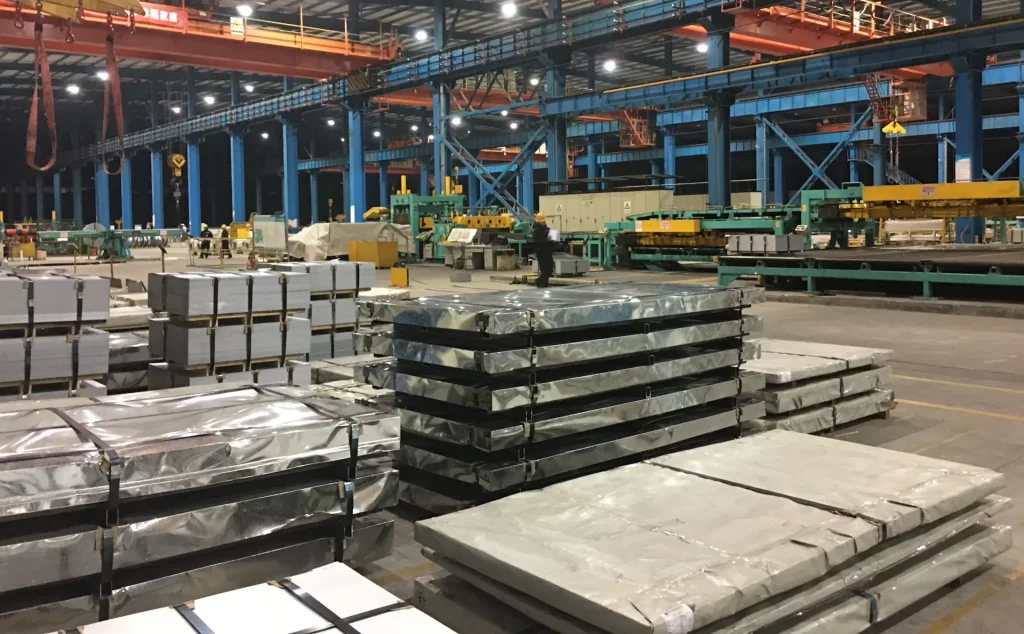
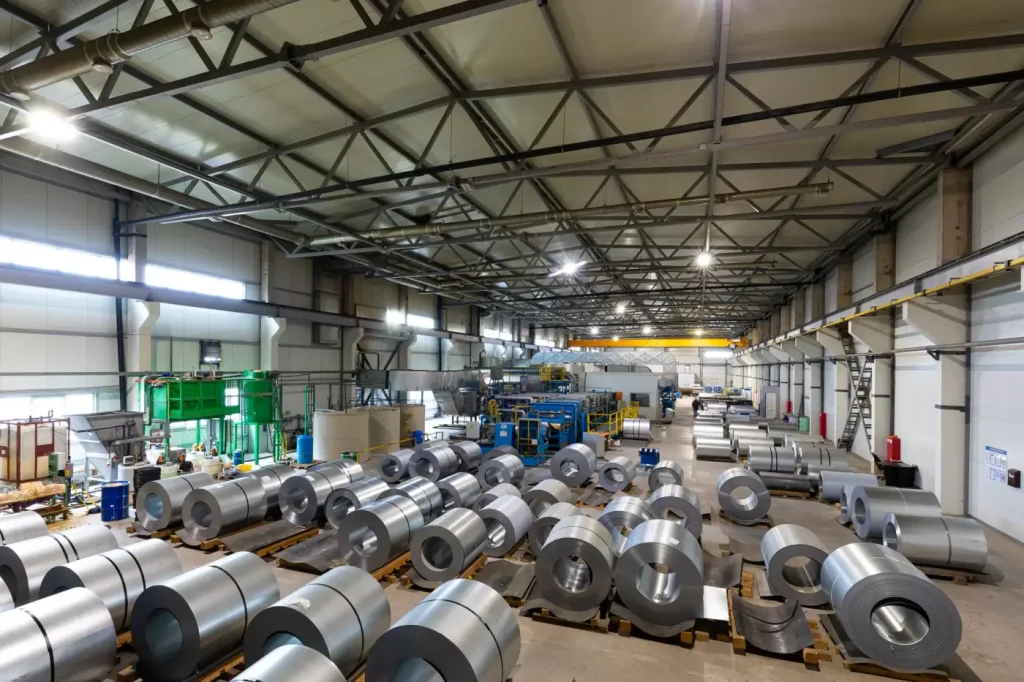
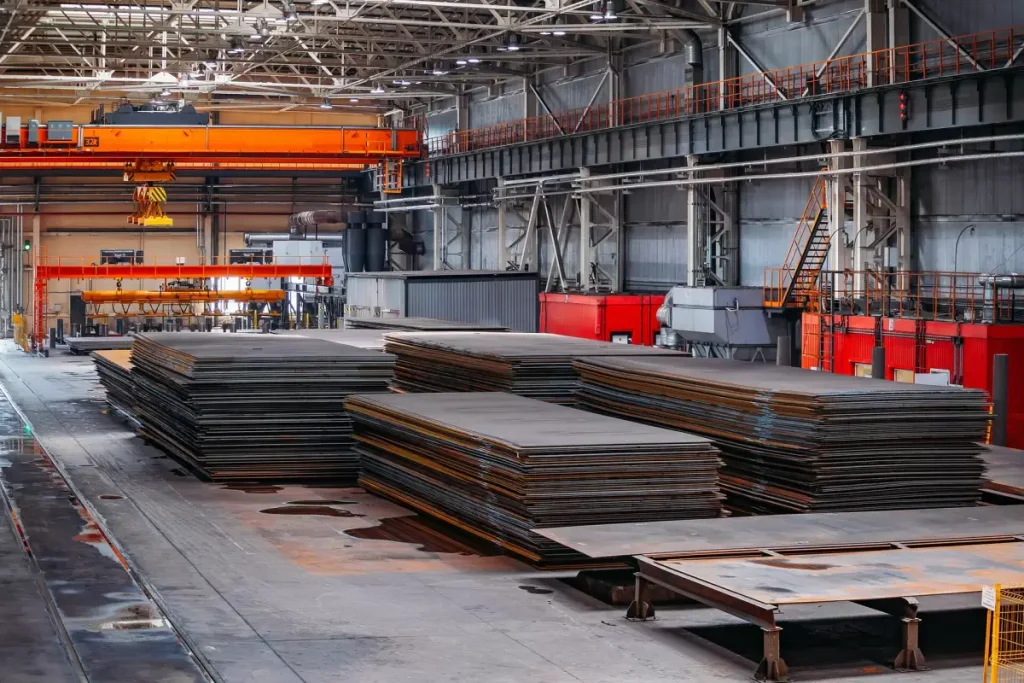
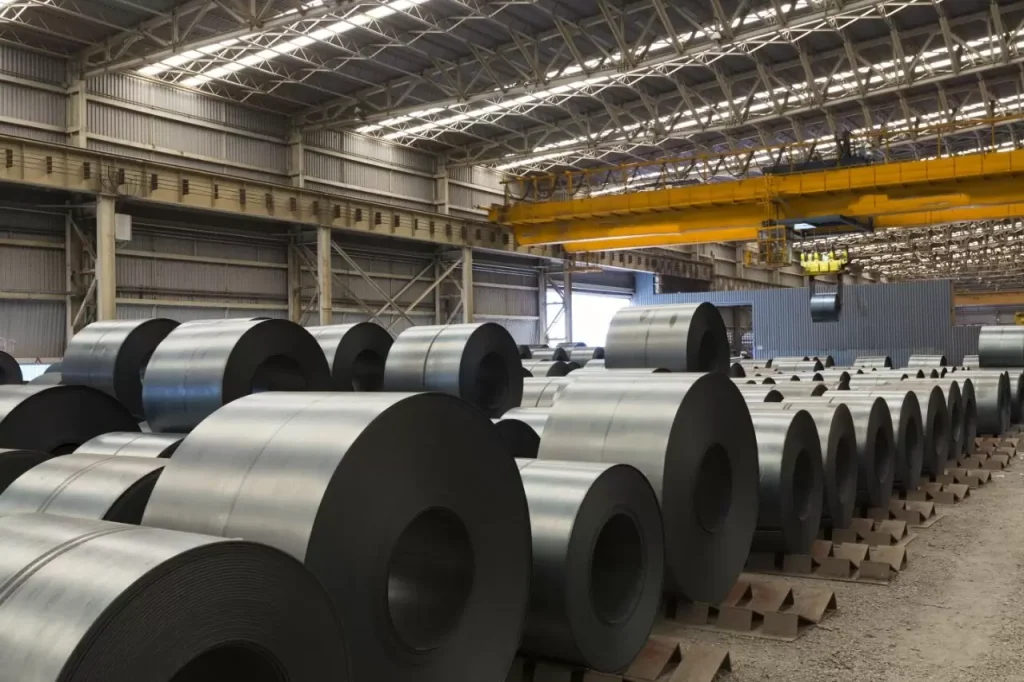
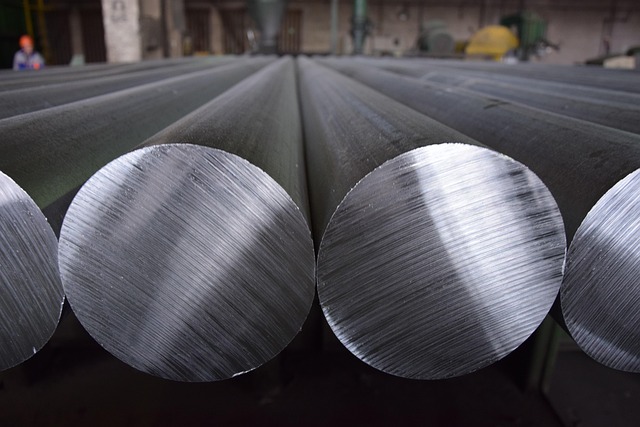
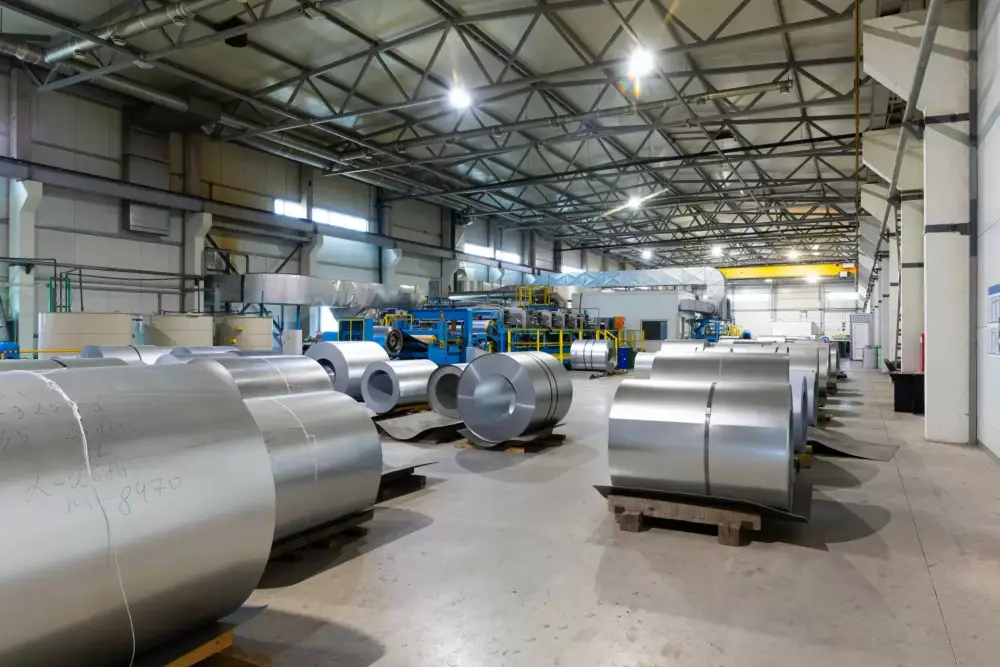
- Strict QC:100% ultrasonic testing for internal defects.
- Customization:Tailored dimensions and coatings available.
Applications & Industries
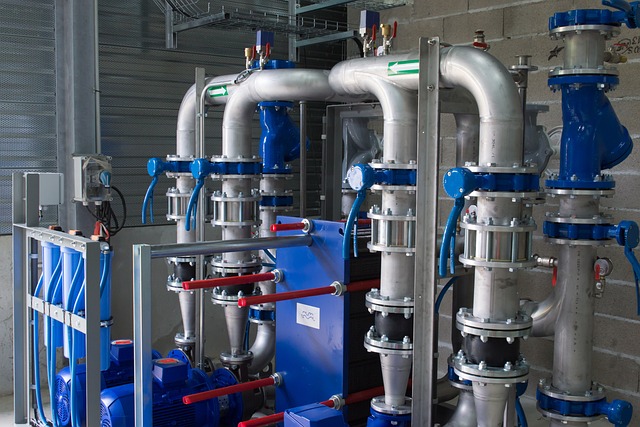
Aerospace:
High-power density actuators.
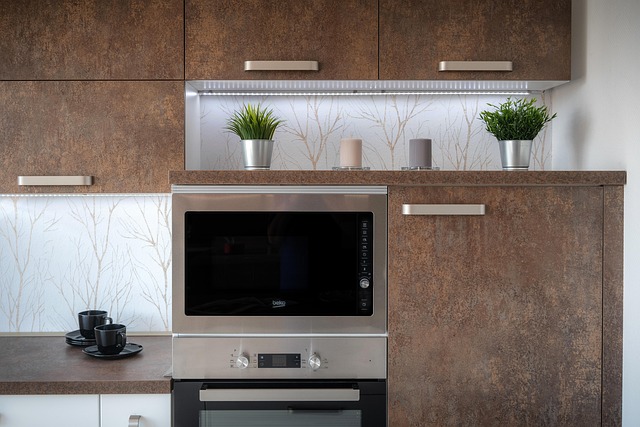
Electronics:
Precision sensors & MEMS components.
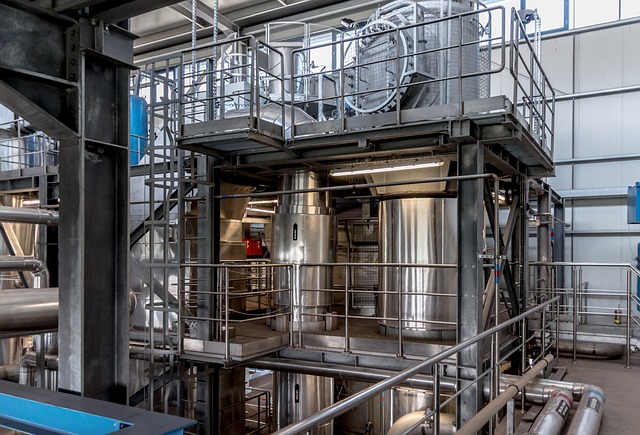
Energy:
Magnetic coupling devices for turbines.
Frequently Asked Questions
Q1: Tolerance for rod diameter?
A: ±0.05mm (ISO 2768-m standard).
Q2: Minimum order quantity?
A: 100kg.
Q3: Why is 4J29 suitable for glass-metal sealing?
A: Its thermal expansion coefficient closely matches borosilicate glass, minimizing thermal stress during sealing.
Q4: What’s the heat treatment process for 4J29 rods?
A: Hydrogen annealing at 900±20℃ (1h) → 1100±20℃ (15min) → slow cooling (<5℃/min).
Q5: How does 4J29 compare to Incoloy 901?
A: While both are Fe-Ni-Co alloys, 4J29 focuses on thermal expansion matching, whereas Incoloy 901 emphasizes high-temperature creep resistance.
Ready to source alloy steel from a trusted Chinese manufacturer?
Let us support your project with reliable quality, fast delivery, and expert service.
Get a quote today — we usually respond within 12 hours.

